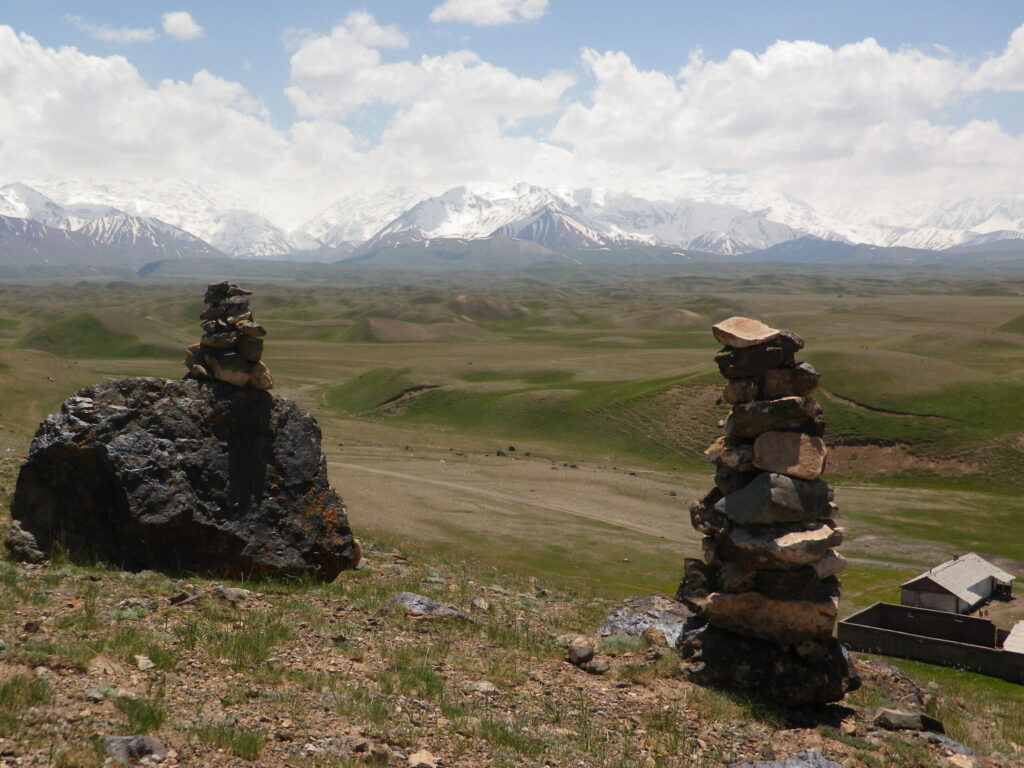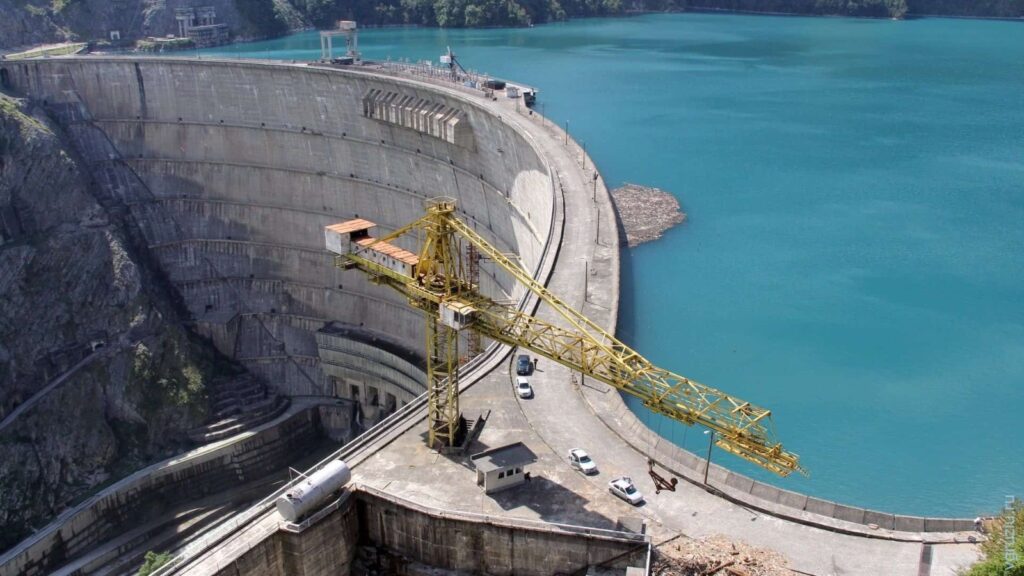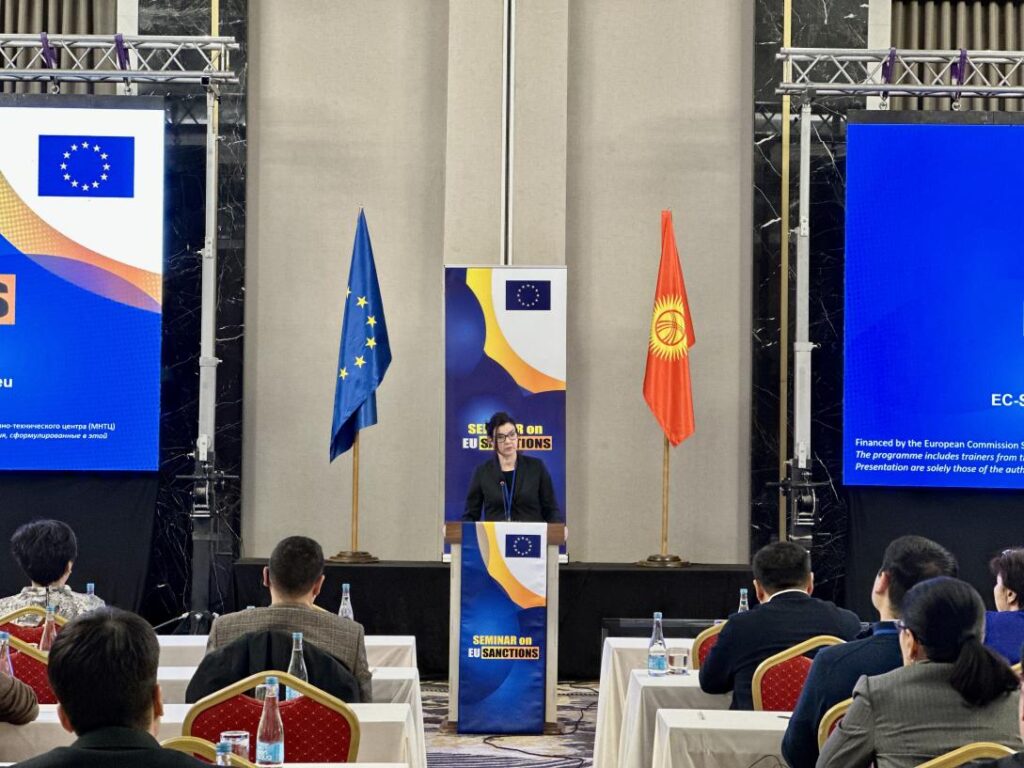UNDP Supports the Development of Adventure Tourism in Kyrgyzstan
As per a press release on its website, the United Nations Development Program (UNDP) in Kyrgyzstan, in collaboration with the Fair and Sustainable Development Solutions (FSDS) Foundation, said it is launching activities to strengthen the value-added chain (VAC) of adventure tourism. The project, Aid for Trade in Central Asia, aims to develop adventure tourism in target regions of Kyrgyzstan, creating new jobs, increasing the competitiveness of the sector, and strengthening its export potential. Tourism plays an important role in expanding economic opportunities and contributes to infrastructure development, which has a positive impact on other sectors of the economy. There are also opportunities to make the sector green and sustainable, the project stated. Kyrgyzstan needs to be positioned as a new tourism destination, as the country has a wide range of tourism resources. However, this will require coordinated efforts. “We support the promotion of adventure tourism, which is one of the fastest growing sectors and has a great potential for developing the local economy”, said Aid for Trade project coordinator, Aisulu Mambetkazieva. “Moreover, adventure tourism will allow as many people as possible to learn about the beautiful culture and nature of Kyrgyzstan. We hope that the project can become a driver for the development of adventure tourism in Kyrgyzstan and create new opportunities for sector participants”. The activities on strengthening the VAC of adventure tourism will be carried out in Issyk-Kul, Jalal-Abad, and Osh provinces. The project includes several key tasks on which the UNDP has already begun work: Increasing the potential of VAC participants and introducing joint adventure tourism products. New tourism products will be developed and promoted through various trading platforms; Increasing access to innovative and environmentally sustainable technologies that contribute to sustainable development; Creation of favorable conditions for the development of safe adventure tourism at a local level. The UNDP in Kyrgyzstan pays great attention to supporting women's entrepreneurship and the business initiatives of people with disabilities. In this regard, it is expected that appropriate measures will be taken to create examples of tourism entrepreneurship among women and people with disabilities for further replication and scaling.





